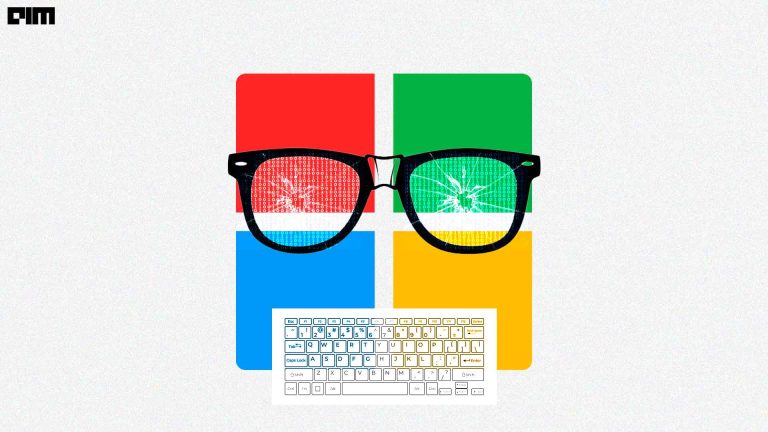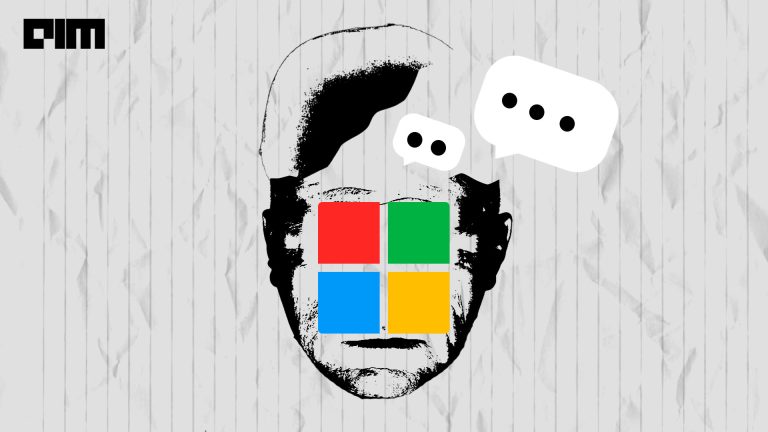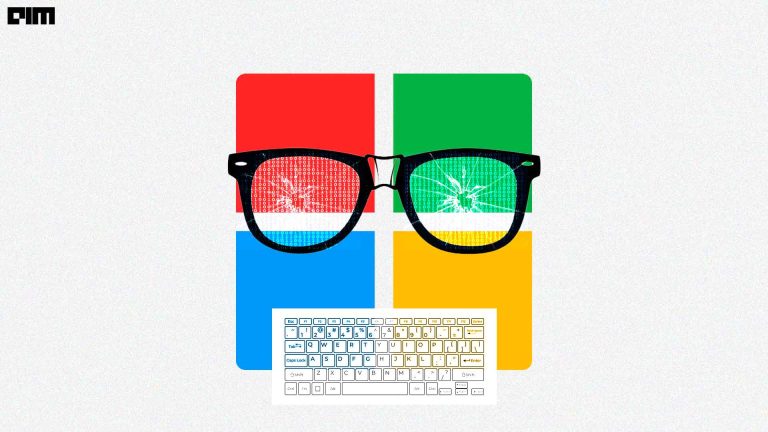Washington Governor Jay Inslee has recently signed landmark facial recognition legislation. This initiative is going to be the first US state law that ultimately limits the use of facial recognition technology by law enforcement. On the contrary, the civil rights activists said the measure did not go far enough to protect marginalised groups.
Facial recognition software has been designed to identify human individuals in photos and videos based on a database of known subjects. The technology has made headlines and is quite popular among businesses and law authorities, despite objections that the technology technically invades people’s privacy and creates worse racial and gender biases.
According to Washington’s law, the users of facial recognition technology would now require a warrant to run facial recognition scans, except in case of emergency. The software also needs to be independently tested for its accuracy and unbiasedness towards people. The law also requires users to continuously work on training and public reporting around the usage of facial recognition.
According to reports, earlier cities like San Francisco, Oakland and California have banned the use of facial recognition. Joining the revolution, the American Civil Liberties Union of Washington said that the authorities and leaders need more discussion on whether facial recognition “should be used at all.”
Microsoft Corp, who has been working and selling facial recognition software backed the new law. State Senator Joe Nguyen, who is a senior program manager at Microsoft, had sponsored the legislation.
The company said that the world must regulate the usage of facial recognition. Brad Smith, the company’s president, said the new law established civil liberty safeguards while preserving the public safety benefits, as when governments use the technology to find missing people.
According to a recent blog post by Microsoft, Smith stated, “This balanced approach ensures that this technology — facial recognition can be used as a tool to protect the public, but also respect the fundamental rights of humanity and serve the public interest,”
He further stated in the blog — “In 2018, we urged the tech sector and the public to avoid a commercial race to the bottom on facial recognition technology. In our view, this required a legal floor of responsibility, governed by the rule of law. Since that time, the issue has migrated around the world with a wide range of reactions, with some governments banning or putting a moratorium on the use of facial recognition. But, until today, no government has enacted specific legal controls that permit facial recognition to be used while regulating the risks inherent in the technology.”
“In our view, this approach is both necessary and pragmatic. The risk of bias is real,” wrote Smith.
On the other hand, Sundar Pichai, the chief executive of Google parent company, Alphabet Inc, said that he was open to a “waiting period” before facial recognition is deployed.
The governor turned down part of the legislation that called for a task force to study the technology further and provide additional recommendations. He said there was no funding for the task force and suggested lawmakers instead solicit advice from local universities.


















































































